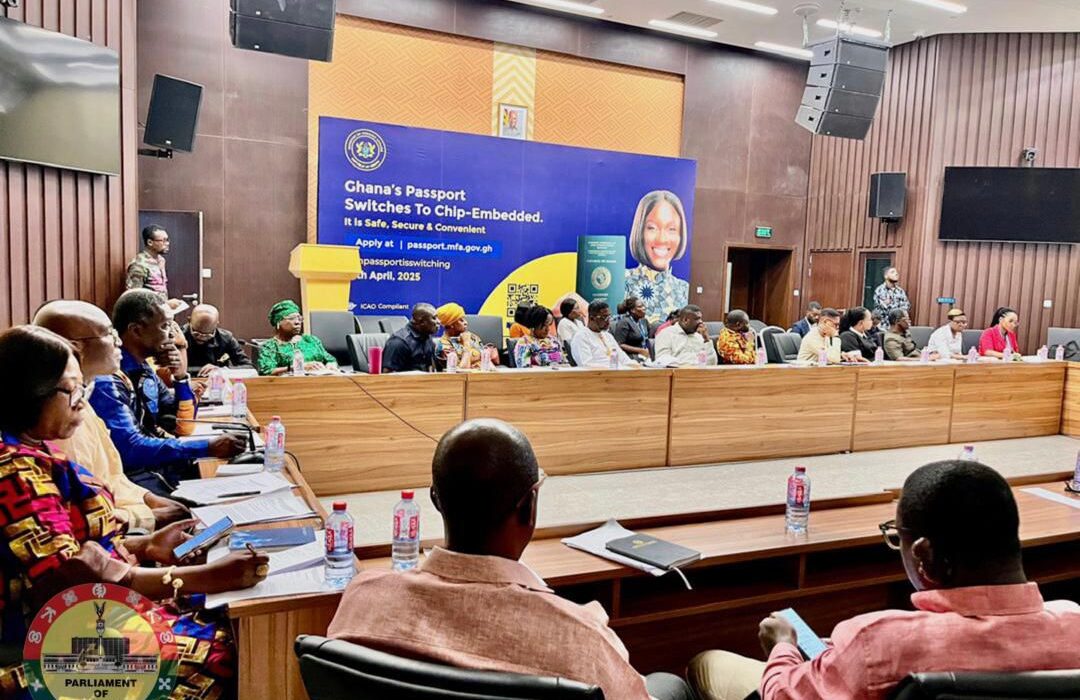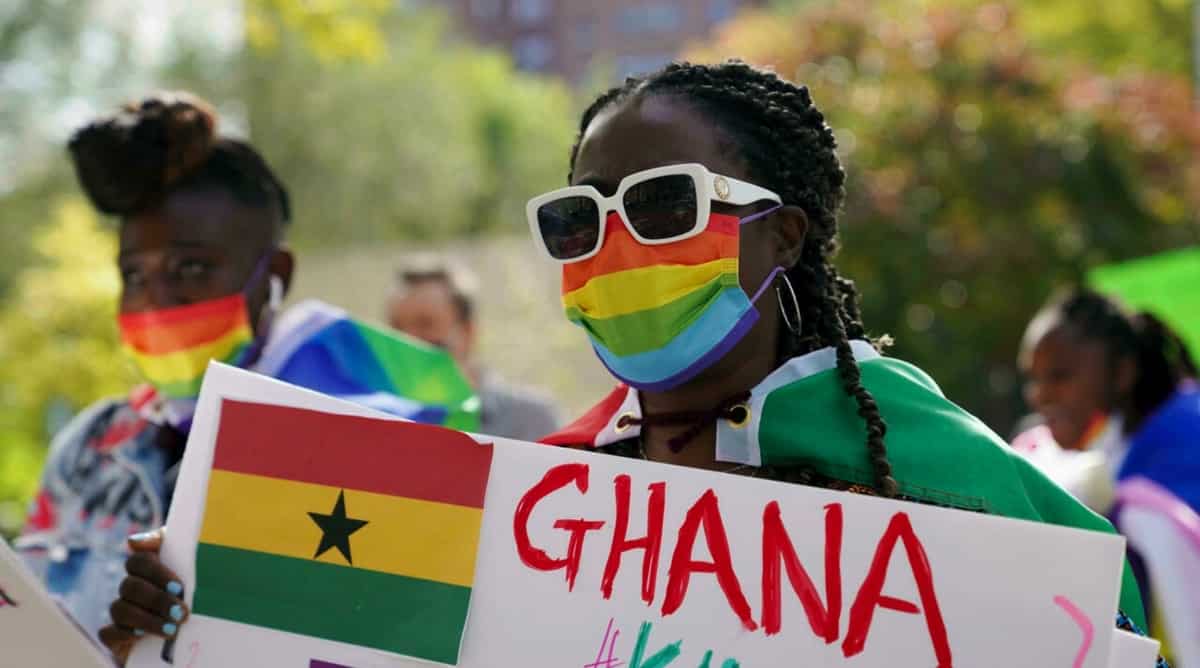Challenges with inconsistent personal details across official documents—particularly between Ghana Cards and birth certificates—are delaying the processing of Ghana’s new chip-embedded passports, the Accra Passport Office has revealed.
Felix Nyarku, Director of the Accra Passport Office, highlighted this persistent issue during a visit by the Parliamentary Select Committee on Foreign Affairs. According to him, mismatches in applicants’ names across required documents are one of the major factors slowing down the delivery of the upgraded biometric passports.
While the new system is designed to speed up processing and enhance security, these discrepancies have introduced additional layers of verification, often leading to avoidable delays.
Despite these setbacks, progress is being made. Minister for Foreign Affairs, Samuel Okudzeto Ablakwa, recently announced that 8,463 Ghanaians have so far received their chip-embedded passports. Sharing the milestone on his X (formerly Twitter) account on May 17, he remarked:
“Mahama’s government is here to serve you diligently, and to keep our pledges to you.”
Just days before that announcement, on May 9, Mr. Ablakwa joined personnel from Ghana Post to personally deliver passports to applicants at their stated addresses—a gesture aimed at promoting transparency and strengthening public trust in the system.
During the delivery exercise, he also took time to educate recipients on how to care for the new passport, which features a biographical data page made from compressed polymer layers. He cautioned against bending the document, storing it in back pockets, or exposing it to liquids and heat.
He further advised holders not to keep other chip-enabled cards inside the passport, warning that this may interfere with the embedded RFID chip.
“Avoid attempting to split the biographical data page,” he emphasized. “This will permanently damage the passport.”
In line with efforts to protect the integrity of the documents, the Passport Office has introduced tamper-evident packaging for deliveries. The transition to chip-embedded passports has been spearheaded by Biometric Travel Solutions, with Troskit and Ghana Post overseeing the nationwide courier service. The operation now runs a 24-hour model to speed up access.
Applicants who face challenges with delivery addresses can retrieve their passports at selected Ghana Post branches, free of charge. The Foreign Affairs Ministry has assured that delivery timelines will continue to improve across the country.
As part of its oversight activities, the Parliamentary Select Committee on Foreign Affairs also visited other key institutions, including the Accra International Conference Centre (AICC), to better understand operational difficulties facing public agencies.
At a briefing with Ministry officials, Ambassador Ramses J. Cleland, Chief Director at the Ministry, drew attention to gaps in border security. He stressed the need to enhance Intelligence, Surveillance, and Reconnaissance (ISR) capacity and to build anticipatory models for threat detection and response.
During their stop at the AICC, the Committee was briefed on critical infrastructural and administrative challenges. In response, the Chairman of the Committee, Hon. Alfred Okoe Vanderpuije, praised the leadership of the agencies for their transparency and hard work.

“We are grateful for the concerns you have shared and thankful for the opportunity to engage with you,” he said, reaffirming the Committee’s support in helping Ghana’s institutions serve citizens better and project a positive image on the continent.








